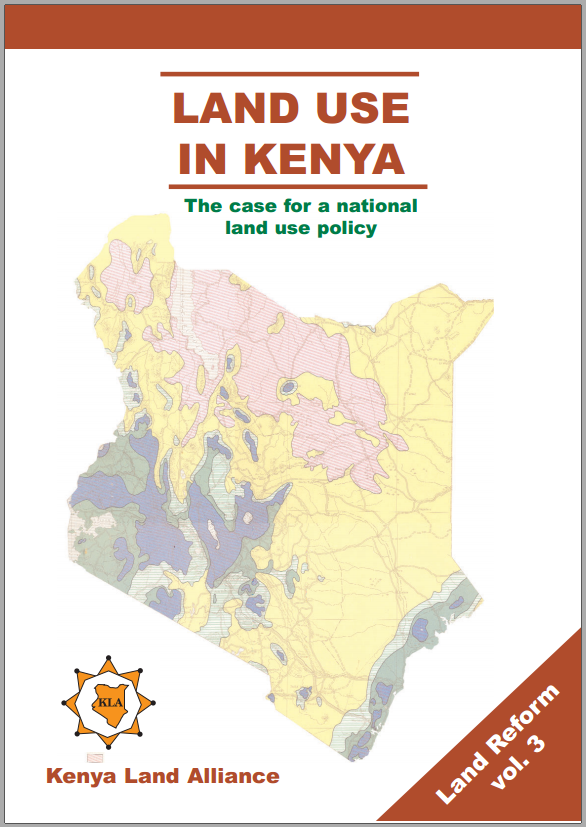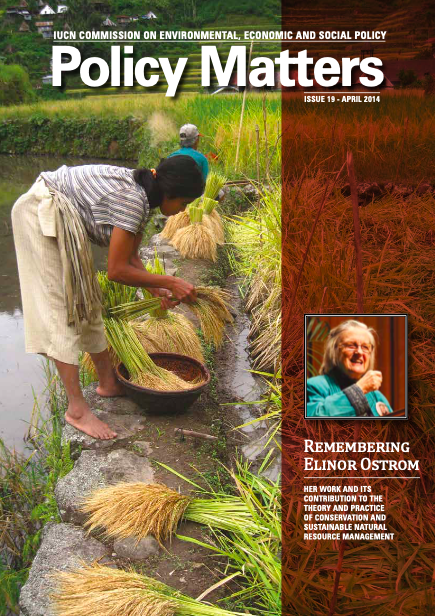Handshake, No. 14 (July 2014)
This issue of Handshake focuses on
natural resource PPPs that are making a difference. In
Cartagena, Colombia, a hybrid public-private agency is
profiled that has standardized water service to residents
while restoring the coast, and in the process, contributed
to political stabilization. Around Africas Lake Victoria, an
environmental management initiative with the potential to
reduce the pollution and resource footprint of industrial







